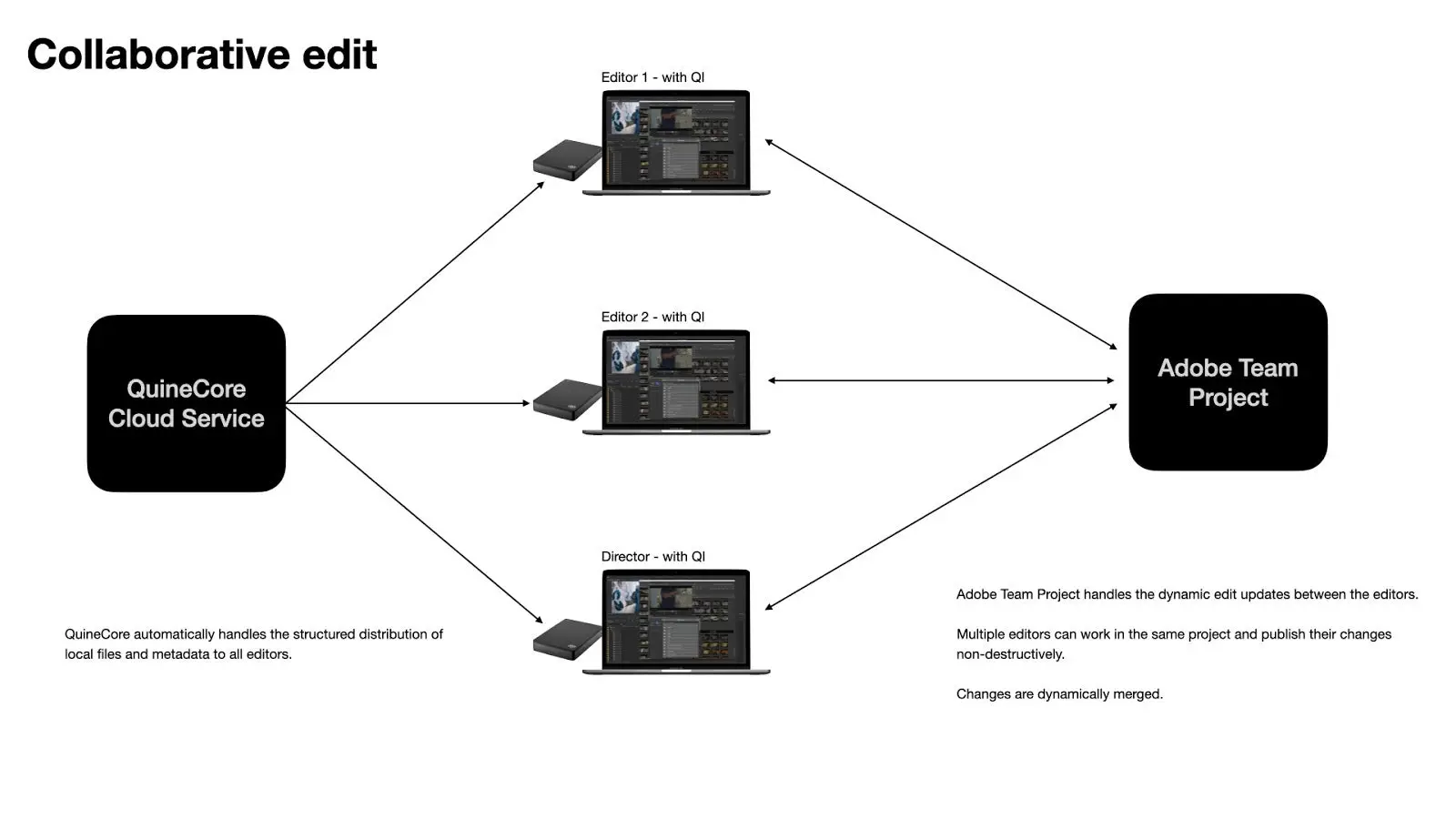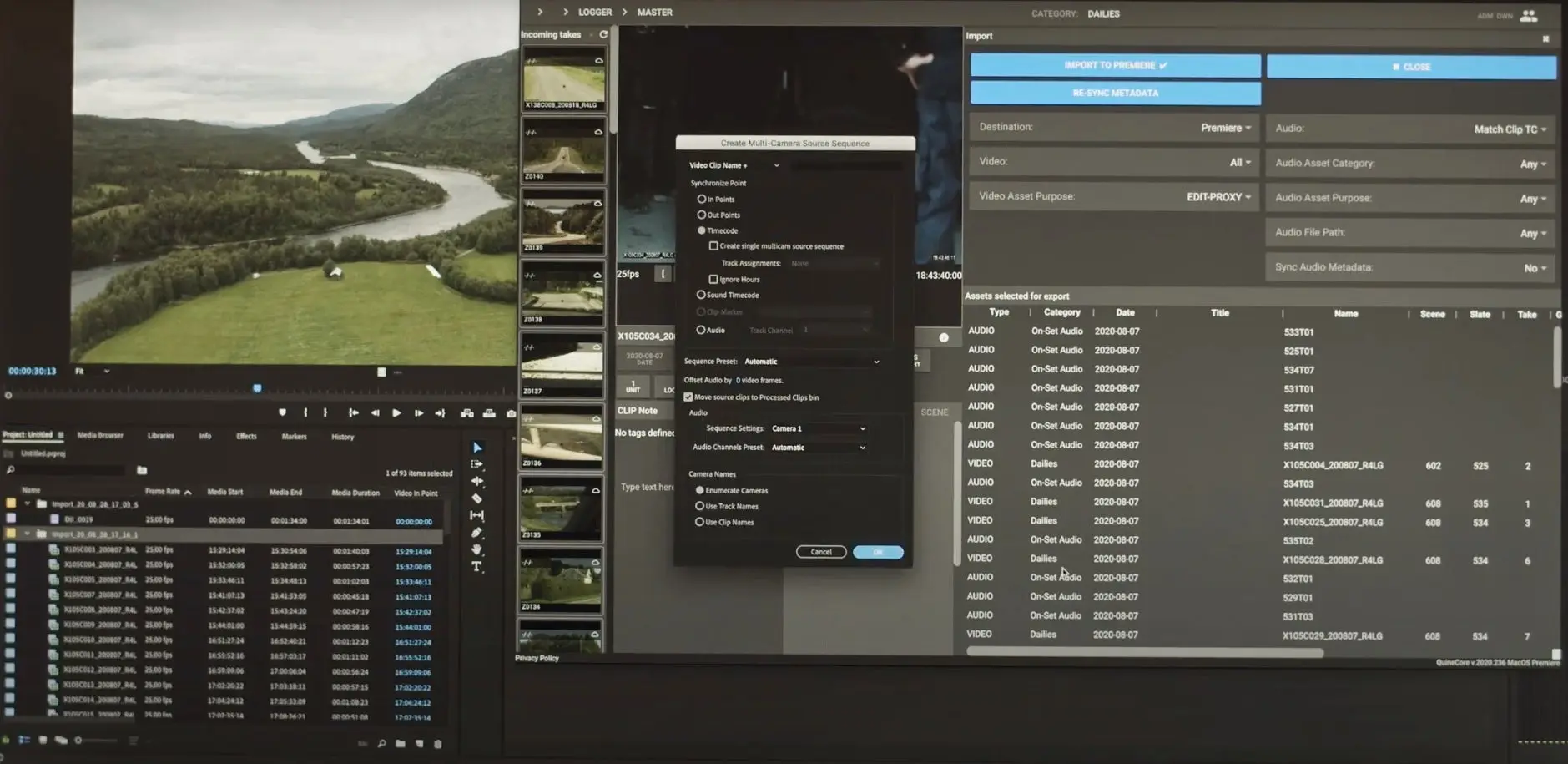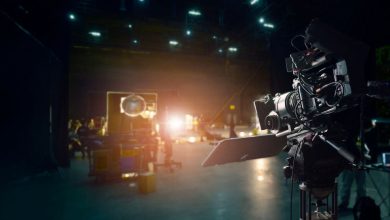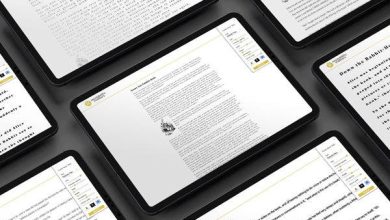Nordic Noir TV series shot and delivered in 4 months from the arctic wilderness
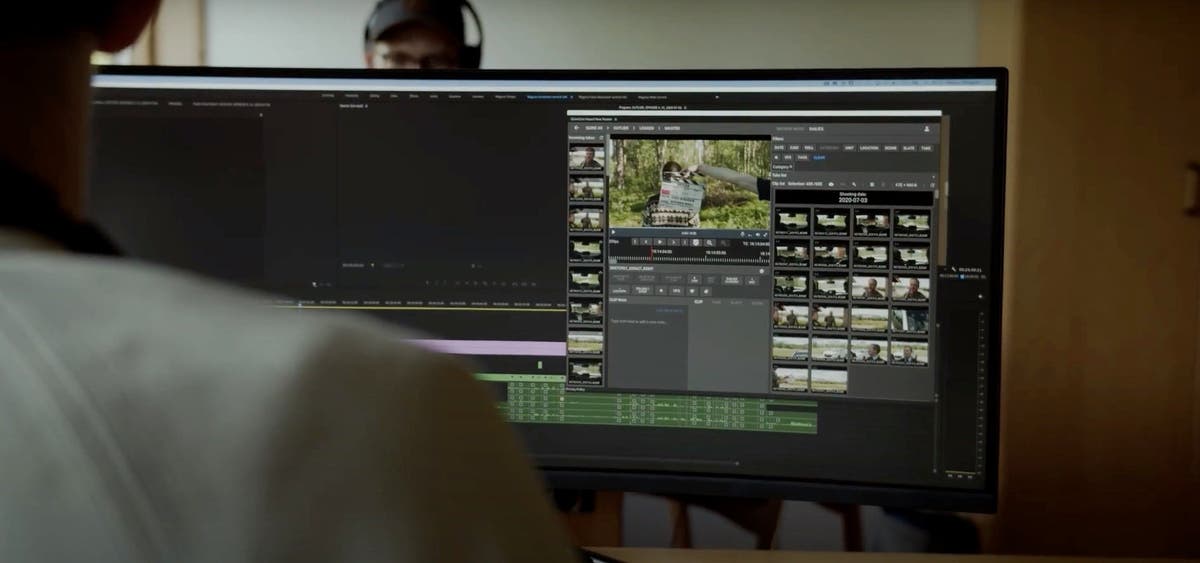
Norwegian film production and development studio Shuuto creates Nordic Noir TV Series with an extremely lean budget using remote workflow, Adobe Team Projects, and QuineCore.
Image courtesy of Shuuto
Norwegian film production and development studio Shuuto creates high quality content with international reach on an extremely lean budget, and its latest TV series has been its most ambitious yet. Outlier, which tells the story of a young female crime profiler attempting to solve a murder committed in the Sami community where she grew up, presented a unique creative challenge: the team needed to shoot eight 45-minute episodes of high-quality drama in the remote north of the Arctic wilderness and deliver the entire series within four months — despite COVID-19.
“There is an obvious conflict of interest when it comes to shooting in a beautiful but desolate place like Northern Norway, while keeping to a very tight deadline,” explains Magnus Berggren, a post-production editor on Outlier, referencing the challenges that production presented. “We started shooting the series in July 2020 and delivered the final masters at the end of October.”
Outlier, created by award-winning novelist, playwright and rock musician Arne Berggren and writer and producer Kristine Berg (the duo behind Shuuto), sold to major TV services in more than 10 countries, including HBO Nordic. The team says they couldn’t have accomplished this feat in such a short amount of time without a digital, decentralized workflow that enabled collaboration across multiple locations and automated parts of the production. Here’s how they did it, using Adobe Creative Cloud’s video tools and QuineCore.
Watch an interview with Magnus Berggren about Shuuto’s innovative production workflow.
Contents
Solving unique challenges with modern technology
Due to the COVID-19 pandemic and limited resources, the on-set crew needed to be as small as possible, while also finding an efficient way to collaborate with the editors far away in Oslo. There would hardly be time for reshoots and the feedback loop had to be very tight, so they had to get the workflow right. Rough cuts of the scenes had to be edited and reviewed by the directors and producers as quickly as possible without adding unplanned shooting-days to the project.
To achieve this, the team made use of various Adobe tools — Adobe Team Projects, Premiere Pro, and After Effects — along with a new Team Projects extension called QuineCore, designed to facilitate production asset management and accelerate post-production. Team Projects ensured that the whole crew could seamlessly collaborate on different sequences and episodes, while the QuineCore cloud service took care of the seamless distribution and synchronization of assets across vast distances. This combination helped to significantly simplify shared editing, so that everyone who needed to review the material could see it shortly after it was edited, usually overnight. Footage could even be checked directly on set, using mobile devices, to decide if reshoots were necessary — that way Shuuto was able to optimize the entire production process without having to compromise on quality.
“When we decided that Team Projects was the only viable way for us to finish Outlier in time, I was a bit nervous,” Berggren recalled. “I had used the service for smaller productions but never actually stress-tested it for longform TV and seen how well it works with thousands of files and assets. It gives you a lot of flexibility to work from wherever you like. And if you’re neurotic like me and prefer to have local files, then you can always download local backups for peace of mind.”
QuineCore keeps track of and synchronizes all assets for the editors, while Adobe Team Projects manages the collaborative edit of the projects.
What was it like to use this workflow?
We were certain there would be quite a lot of maintenance with the new workflow, but once it was up and running and everyone knew where everything was, we were pretty much set. Rushes are automatically downloaded to our hard drives overnight, then one of us imports and syncs the footage via Quine with a couple of clicks, presses “share changes” in Team Projects, and voila: all of the footage is organized by scene and is ready to be cut by all the editors in the project.
Image courtesy of Shuuto
“It feels like magic the first couple of times you press the sync-button in premiere’s Quine plugin and you see a couple of hours of organizing footage flash past your eyes in seconds,” says Berggren.
Remote editing made possible by Adobe and Quine
The Outlier crew shot 10 minutes of footage each day and finished each edit within 24 hours, despite the editors all being 1,685 km (1,047 miles) away from the set.
“The editor gets in the rushes and the material from each day, synced with the on-set audio, and ingests it into Premiere Pro through QuineCore,” Berggren said, explaining the day-to-day workflow. “He then creates a rough cut and delivers it to me. I take over and do the final cut. It’s very handy to be able to navigate through the media library in QuineCore and plan the edit. It’s super easy and efficient to find the images you want.” By using QuineCore in this way, the team was also able to watch out for continuity. Directors could follow the production in real-time as the shoot progressed.
“We have up to three individual units working in different locations at the same time, and with QuineCore we can check in on them while we’re shooting,” explained writer, producer, and director Arne Berggren, who split the directing of Outlier with Kristine Berg. “We save a lot of money every day because of Quine’s tools. They’re like a drug. Once you’ve used them, there’s no way back.”
On set, the team also used script-supervising tool MovieSlate, an iPhone/iPad app that integrates with QuineCore. “MovieSlate works really nicely,” points out Kristine Berg. “We can even make notes explaining what we’re doing on set. QuineCore makes such a difference. The post staff seem very happy and not as tired and pale as usual!”
A new way to simplify tv and film production
The new digital workflow eliminates the need for additional crew members, like an assistant editor, and saves a lot of time. Outlier was the first production ever to fully depend on QuineCore.
“Without the Adobe Team Projects and QuineCore flow we probably wouldn’t have been able to finish the project in time,” Magnus Berggren said. “Or it would have meant at least four additional hours of work every single day.” Not to mention, it would have been hard to move a “regular” crew to Northern Norway under the limitations of the pandemic. Remote editing was an enabling part for the project.
Outlier has demonstrated that it’s possible to shoot a high quality TV drama, without state funding, in one of the most remote parts of the world and deliver it in just four months — thanks in part to the tools and workflow the production team used. Shuuto is already looking to replicate its success — the team has started work on a new series using the same decentralized post-production workflow.
Outlier is available to watch on HBO Nordic now.
Source : Adobe

